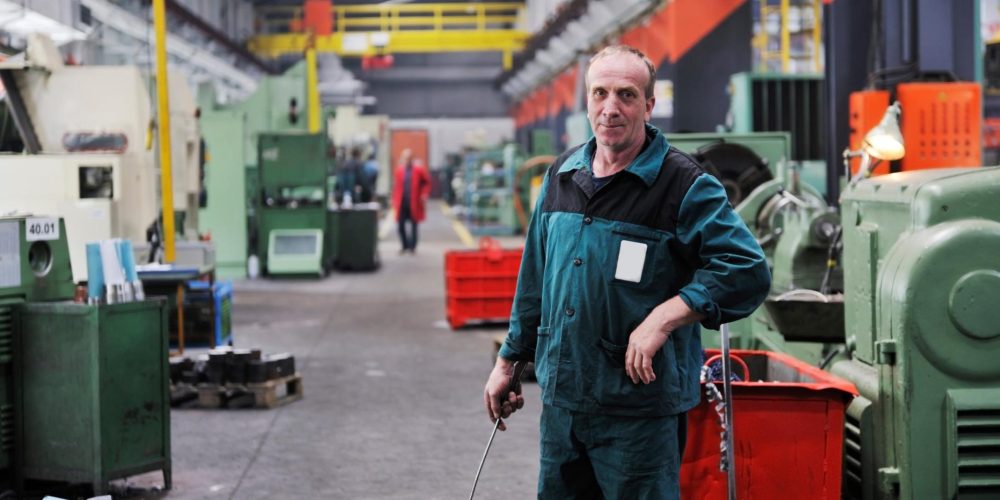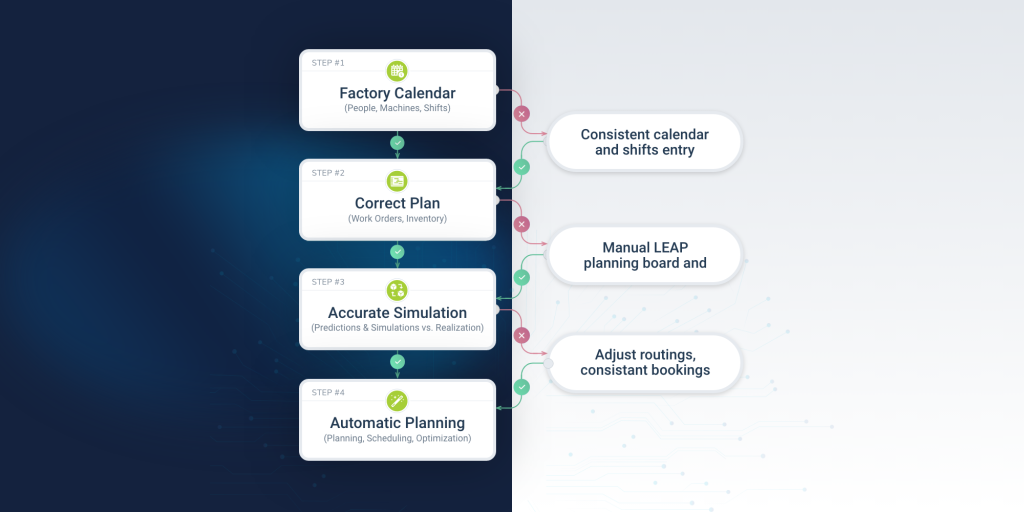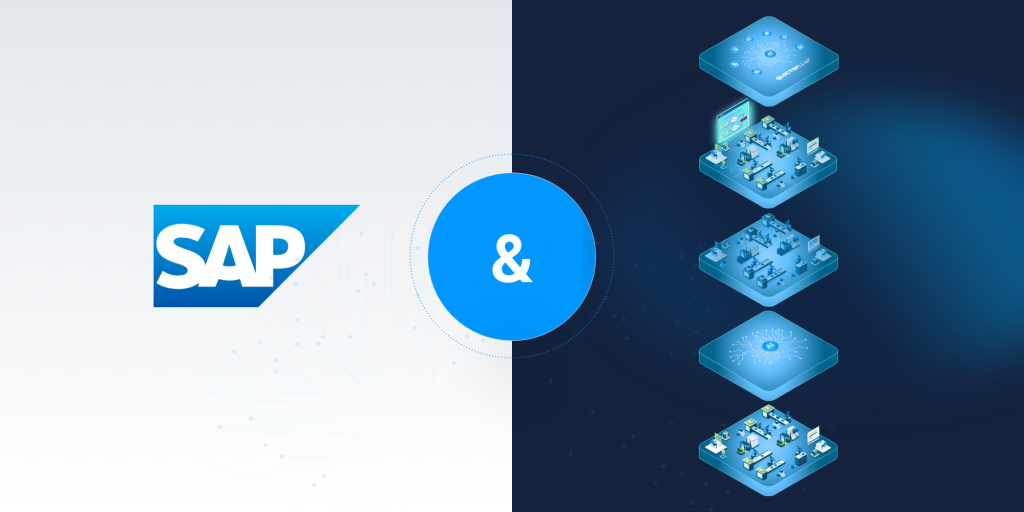Production must go on, no matter what, right? That was not the case during the COVID situation. The reality showed the vulnerability of manufacturing companies due to high dependence on key personnel. I am sharing how the COVID shook the foundations of how we worked yesterday and what is already changing.
Working the old way
The shop floor is a complex reality. Even though planners ensure that production has enough capacity, material, and people to serve customers’ needs there are always some problems on the shop floor. Fire-fighting is the reality for team leaders, they work and live in the minute. When problems occur they work closely with the planner to better understand how a decision in this minute impacts the realization in a couple of hours and days. They do not have time to find the optimal decision, they go for the one that can be realized. The fastest way to firefight is through meetings and phone calls.
Working during the COVID
During the pandemic the fire-fighting was aggravated because of the safety precautions, people staying home because of risk of contact or getting sick. Key people running the show on the shop floor were at home. In the best case, they would help to guide the production over the phone, in the worst-case colleagues on the shop floor had to run the show. These situations showed how important these key employees are and also how big is the risk for the companies.
How about now?
Now that the pandemic situation is more or less flat, the demand for manufacturing goods skyrocketed. Now more people are needed in the production and people are not easy to get. The high demand also causes a high fluctuation of people who seek and find better opportunities in other companies. On top of that companies are struggling daily to ensure enough material for production. In essence, problems after the COVID got worse.
COVID as the catalyst for digital transformation
The COVID and post-COVID unveiled how fragile the production is if it relies only on the experience and knowledge of planners and team coordinators. As a consequence, we are witnessing that companies stepped progressively on the path of digital transformation. Using technologies such as video instructions, advanced planning systems, and production guiding tools supported with artificial intelligence to assist planners, team coordinators, and maintenance personnel.
Some CEOs remain hesitant when it comes to digital transformation. They wonder why to invest in a solution that helps the team coordinator to do the job that she or he is paid for anyway. Best practices show that using artificial intelligence does not only reduce the risk of losing recipes for production, they help to standardize processes and procedures making it easier to replace people, increase response time during fires and automate repetitive tasks.












